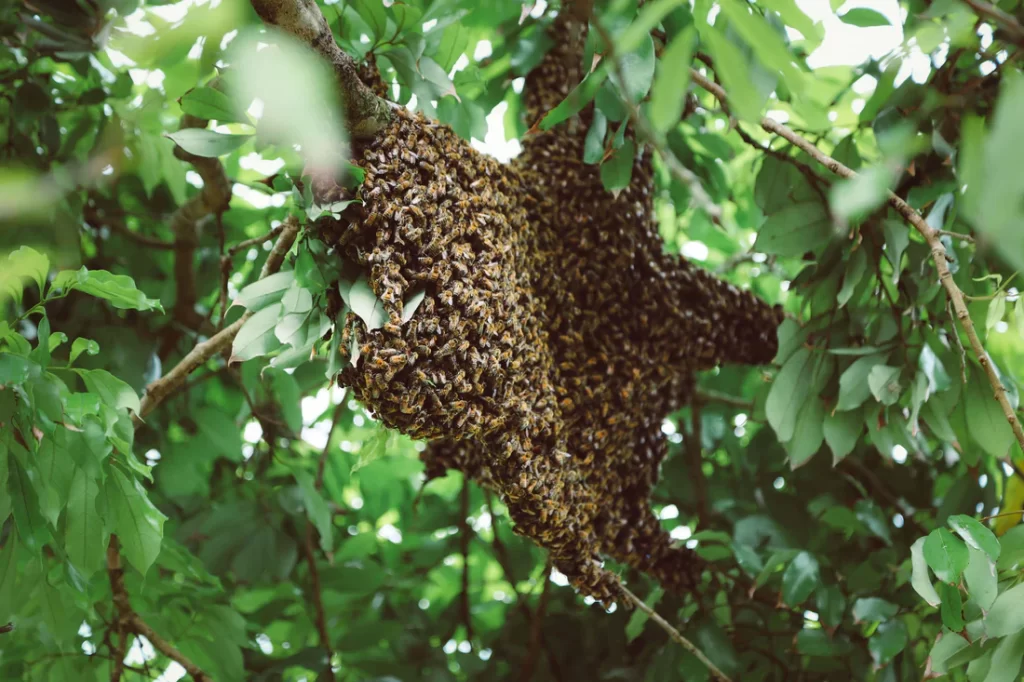
- AgValue Consulting
- July 5, 2024
- 7:29 pm
- 2 minutes
Africanized Honeybees Detected in Alabama
Impact of Africanized Honeybees on Agricultural Appraisals and Valuation Values
The presence of Africanized Honeybees (AHB) in an area can have several implications for agricultural property appraisals and valuation values. At AgValue Consulting, we consider several key factors on how these aggressive bees could potentially affect the agricultural landscape:
Increased Management Costs: The aggressive nature of AHB requires more intensive management strategies to ensure safety and prevent them from overtaking European Honeybee (EHB) populations, which are less aggressive and more beneficial for crop pollination. Increased costs may come from enhanced beekeeping practices, specialized equipment to handle AHB, or even increased insurance premiums to cover the added risks. These expenses can reduce the net profitability of agricultural operations that rely on bees for pollination, ultimately affecting property values.
Pollination Services: AHB are effective pollinators, but their aggressive behavior might deter their use in proximity to populated areas, limiting their utility in agricultural settings. If AHB displace more docile and manageable bee populations, this could disrupt pollination services for crops, potentially reducing yields and negatively impacting the valuation of crop-producing properties.
Land Usability and Value: The presence of AHB can make certain lands less desirable for agricultural use, especially for activities that involve frequent human and animal presence. This perceived risk can decrease land attractiveness, lower land use options, and thus reduce property values. Potential buyers or investors might be cautious, leading to longer sales cycles or decreased marketability of affected properties.
Market Perception and Investment: Public perception and market awareness of AHB risks can influence investment decisions. Properties known to be in affected areas might see a dip in investment interest, as stakeholders consider the long-term implications and costs associated with managing or eradicating the invasive bee population.
Regulatory and Compliance Costs: States may implement new regulations and compliance requirements for managing AHB, including mandatory reporting, specific control measures, and habitat modifications to deter AHB colonization. Complying with these regulations can incur additional costs and operational changes, impacting the financial performance of farms and agricultural businesses.
Consult AgValue Consulting for Expert Appraisal Services
Understanding the full implications of environmental factors such as the presence of Africanized Honeybees on property values can be complex. At AgValue Consulting, we specialize in providing detailed agricultural appraisals that consider all aspects of regional agricultural dynamics, including such ecological and market influences. If you own agricultural property in Alabama or are considering investing, and need a thorough valuation that takes into account the latest challenges, including those posed by Africanized Honeybees, contact us. Our team of experts is equipped to offer you the insights and detailed analysis needed to make informed decisions.
For comprehensive and reliable agricultural appraisal services in Alabama, reach out to AgValue Consulting. Let our expertise guide you through the complexities of agricultural valuation in a changing environment. Contact us today to secure your investment and optimize your agricultural strategies.
